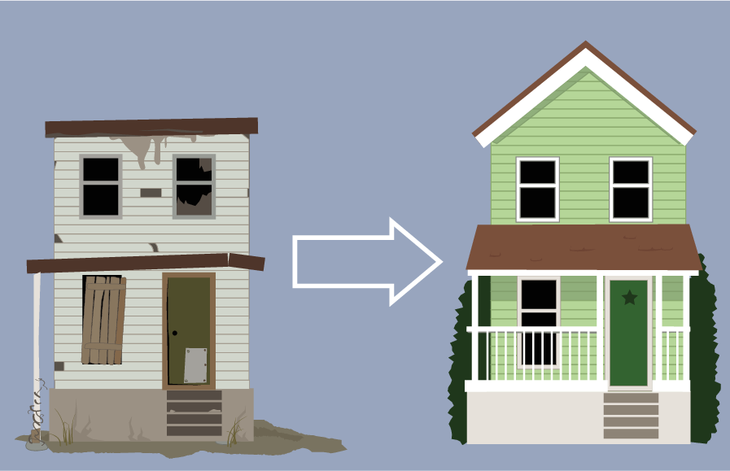How To Secure Your Investment
Your investment is secured by a deed of trust recorded against the title of the borrower’s property (the Property). Unlike deposits in a bank or savings and loan, which are generally insured by a federal agency (such as FDIC) and may usually be withdrawn with limited notice, the promissory note: (1) involves risk to principal (a typical feature of all investments); (2) establishes a specific and predetermined period of time for the repayment of your investment; and (3) does not benefit from insurance issued by a federal agency. In a deed of trust, the borrower (trustor) transfers the Property, in trust, to an independent third party (trustee) who holds conditional title on behalf of the lender or note holder (beneficiary) for the purpose of exercising the following powers: (1) to reconvey the deed of trust once the borrower satisfies all obligations under the promissory note; or (2) to sell the Property if the borrower defaults (known as a foreclosure). Foreclosure involves the process of selling the Property to a third-party bidder or, in the absence of a sufficient third-party bid, acquiring title to the Property.
Foreclosures
The foreclosure sale, in most cases, satisfies the debt. Depending upon the method of foreclosure, the nature of the loan, the circumstances of origination, and the value of the Property, you may or may not be able to recover your entire investment. For example, if a third party bids at a non-judicial foreclosure sale an amount equal to or greater than the amount you are owed (including fees, costs, and expenses of the foreclosure), your investment would be fully paid. On the other hand, if you bid the full amount that is owed to you, including all foreclosure fees, costs, and expenses (full credit bid) and there are no third-party bids, you will generally be limited to the Property and its value as the source of repayment of your investment.
If the loan is a non-purchase money mortgage (deed of trust) and the Property’s value is insufficient to recover all you are owed, a judicial foreclosure coupled with an action for a deficiency judgment may be the only way to recover your investment; i.e., collect any difference between the amount received at the foreclosure sale and the amount of money the borrower owes you. Remember, the Property identified in the deed of trust is what secures your investment.







Leave A Comment